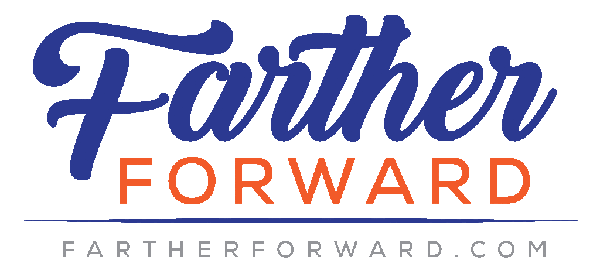Top 5 Foods To Avoid With Aids
It's no secret that living with AIDS can be difficult. The medications are expensive, the side effects are tough to manage, and some people even have trouble finding a doctor who will take them as patients. And if you're not the one living with the disease, I'm sure you can imagine how difficult it is to explain to family and friends that your friend or relative has AIDS.
![]()
Truthfully, though, there are a lot of complications that come along with this illness. The symptoms can be tough to put up with, and life expectancy isn't always what it should be. But there are a few things you can do to help someone with AIDS live more comfortably. And the first thing you want to start doing? Please educate yourself about what foods they can and cannot eat. After all, you don't want to cause someone with AIDS any additional pain or discomfort by feeding them something that will aggravate their symptoms. So, with that in mind, here are five foods you should avoid feeding people with AIDS.
1. Avoid Eating Raw Eggs
Many people with AIDS create diets that can provide them with the most nutrients for their money. Unfortunately, these same individuals tend to spend their time purchasing foods from less-than-reputable sources. Even if you purchase organic eggs from a grocery store, there is still a chance that you could be getting raw eggs from a local farmer. In order to avoid this risk, you should avoid eating raw eggs altogether. If you want to get the most nutritional benefit from your eggs, you should make sure they are cooked. Instead of raw eggs, why not try to make a delicious omelet for breakfast? It will be fun, and it'll taste great too!
2. Avoid High-Fat Dairy Products
The reality is that lactose intolerance affects a significant percentage of people with AIDS – 15 percent to be exact – so you want to stay away from any foods that contain cream or whole milk. And even though the number is much lower, approximately one to two percent of all people with AIDS are allergic to dairy. Whether it's because they're lactose intolerant or have a true allergy, you want to stay away from these foods. It is recommended that people living with AIDS consume pasteurized milk products whenever possible. This is because pasteurized milk products contain about 97 percent less lactose than products that have not been pasteurized.
3. Avoid Eating Undercooked Or Raw Meat
This is one of the most important things to remember. Raw meat containing parasites, bacteria, and other harmful organisms can make you extremely ill if you live with AIDS. These problems tend to manifest themselves as digestive issues, constipation, and severe dehydration. Make sure that any meat you eat is cooked all the way through and has been stored in a refrigerator or freezer. If you don't cook your food thoroughly, it could lead to severe problems in the future.
4. Avoid Eating Raw Shellfish And Other Forms Of Seafood
Most of us have heard about the dangers of raw shellfish at some point in our lives, but some people still choose to eat them. If you are HIV-positive, this is something that you need to avoid at all costs. Uncooked shellfish are easily contaminated with bacteria, which can lead to an infection that may prove fatal for those who already have weakened immune systems. One should also avoid other forms of raw seafood such as oysters, clams, octopus, and squid. By eating raw seafood, you are opening yourself up to a whole host of potential problems.
5. Avoid Foods With High Levels Of Sugar
As a group, people who have AIDS tend to be overweight or obese. However, it is absolutely essential that they avoid eating foods high in fat and sugar if they want to lose weight safely. Excess weight creates a whole host of problems for those living with HIV/AIDS, including an increased risk for diabetes, heart disease, and liver damage. So, if you are cooking for someone with AIDS who is overweight or obese, you want to stay away from foods with high sugar levels. This includes candy bars, ice cream, cakes, pies, cookies, donuts, sodas, juices, etc.
In conclusion, if you are HIV-positive or have AIDS, it is incredibly important that you take the time to follow this advice. The last thing you need is a food-borne illness when your immune system has been weakened. On top of that, if an illness does surface, it could become critical quickly and force you to spend a lot of money on medical bills. To avoid all of these problems, follow this advice and pay attention to the foods you eat. It's not worth jeopardizing your health simply because you don't have a lot of money to spend on groceries.
Author: This article is for informational purposes only and is not a substitute for professional advice regarding health or finances. It is not intended to endorse any individual or company. This article is AI-generated and may contain inaccuracies or unreliable information. Readers should consult a qualified professional for personal advice.
